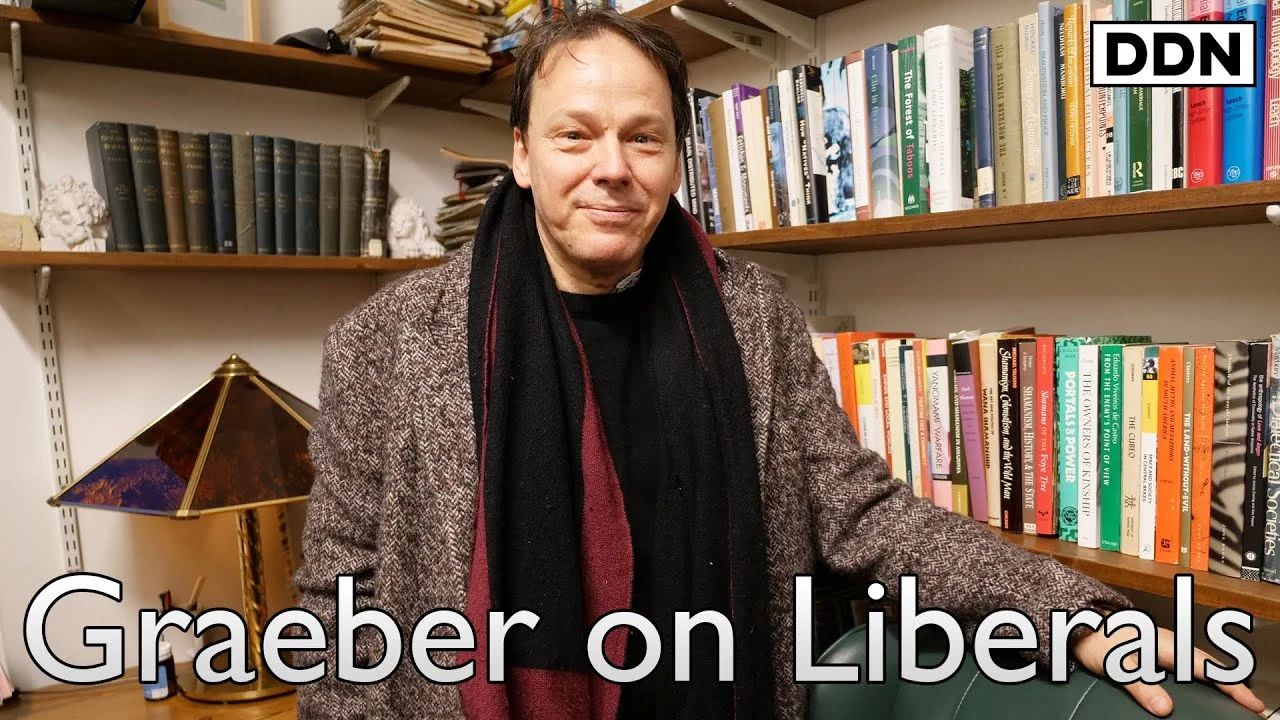

With your username I’m not surprised you’re in cybersecurity lol.
And I never said all managers are bastards. I said that they act that way as a group.
Ultimately the incentive structure reinforces PMC workers who toe the company line. It could never be any other way in a capitalist framework. Yes, it’s possible for knowledge workers to operate outside capitalist organisations, but they are going to have a harder time with less money. The bulk of the work will always be done where the money is. You see this very clearly in FOSS circles - the work involves people who are either too tired from their 9 to 5 to put a lot of effort in, they’re the sort of person who can’t work in a capitalist org, or they’re paid by a capitalist org which will have certain demands on their work. The result is that FOSS tends to be rough around the edges which inherently reinforces the belief that only top-down capitalist structures can make polished software.
You’ll find knowledge workers in general are going to be hard to unionise. They are better compensated and privileged so they have more to lose, and they have to adopt the ideology of their bosses to some extent in order to reproduce it in their work. We’ve seen union action with actors and writers for a long time, and it seems to be bleeding over from them into the videogame space. I hope it will keep spilling over into other technical spaces, but I don’t think we can rely on that happening to fundamentally change the character of that class.












Federated communities that make decisions on consensus, with the fundamental rule that “those affected get to decide”.
There’s a lot more to it and there’s a lot to unpack in just the above paragraph, but if the only alternative you can imagine is a global military dictatorship then it’s hard to know where to even start explaining it to be quite honest.